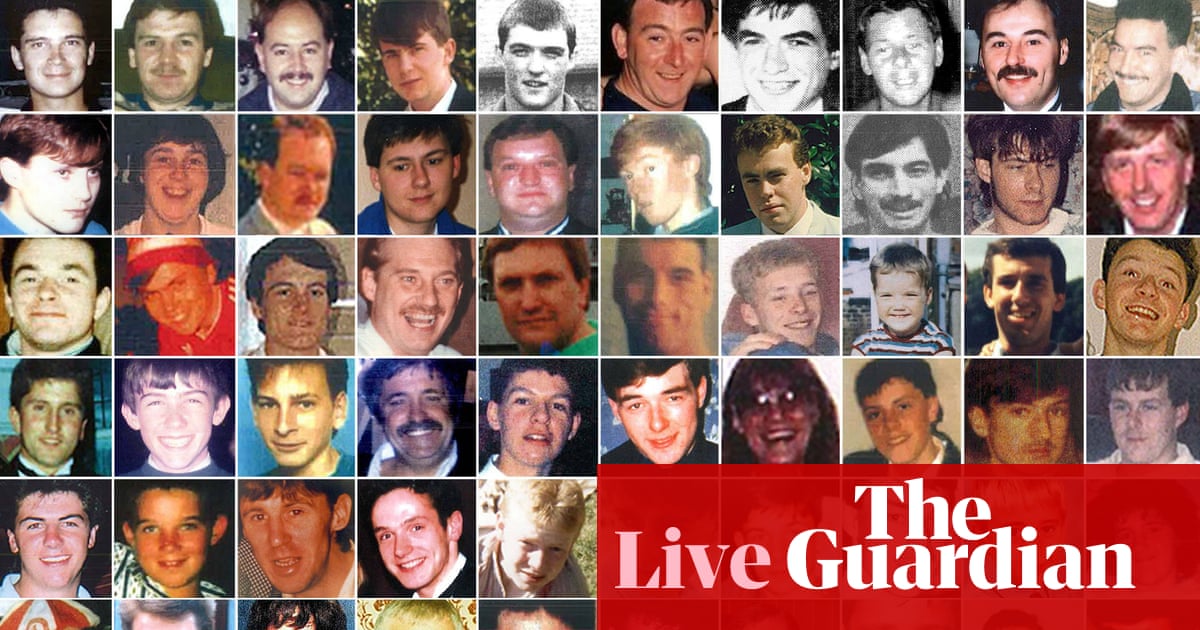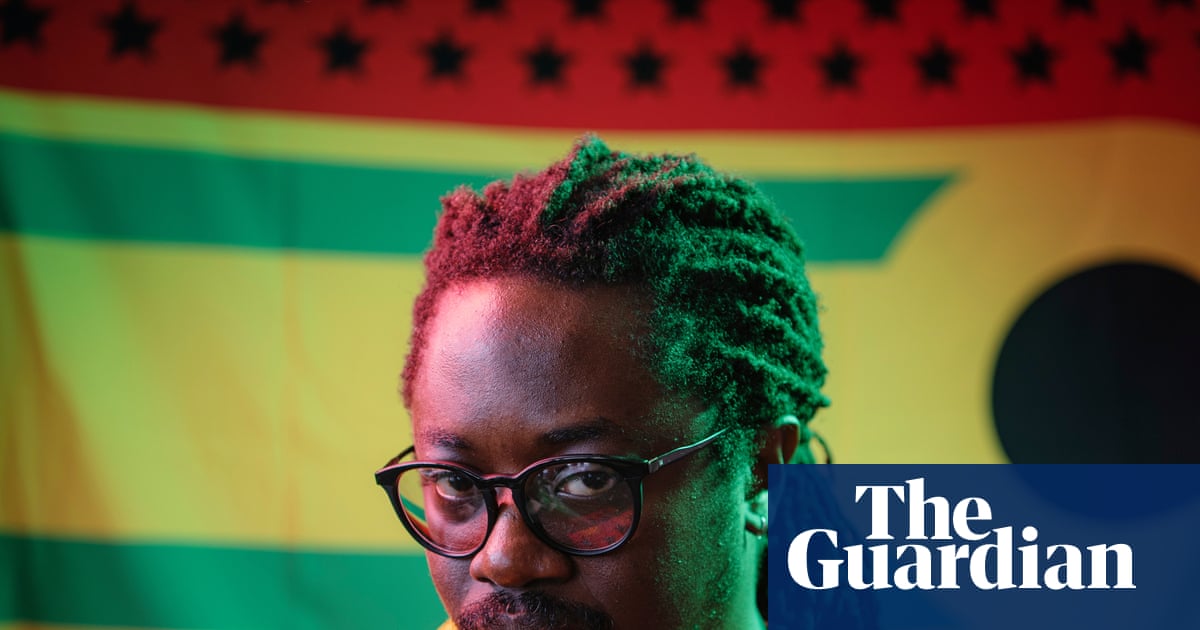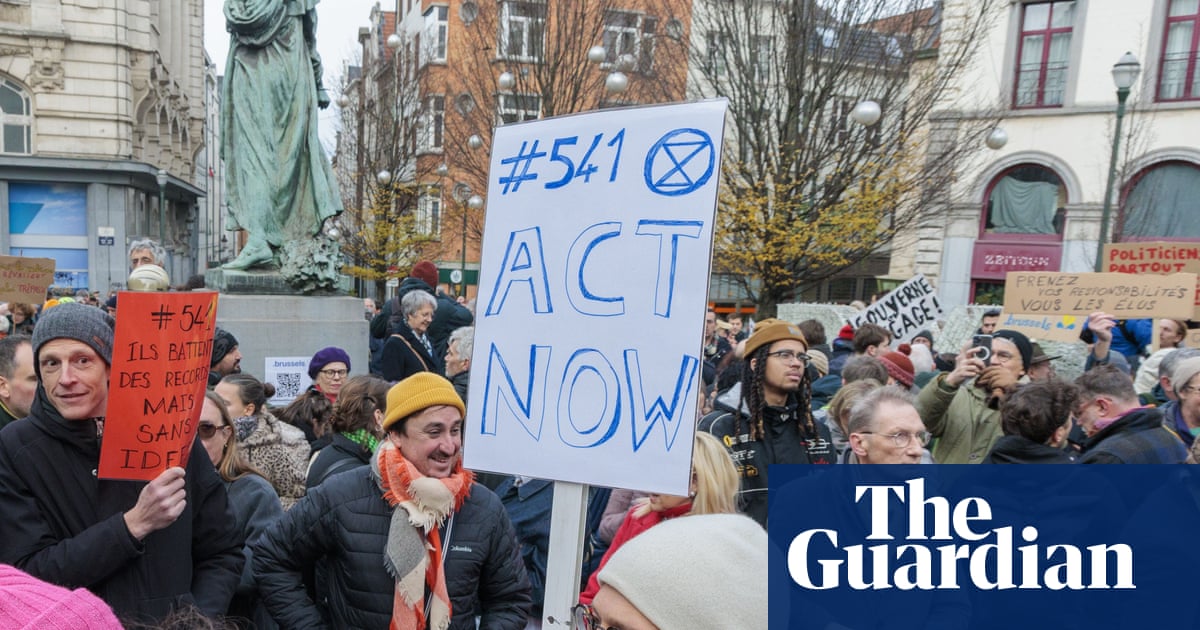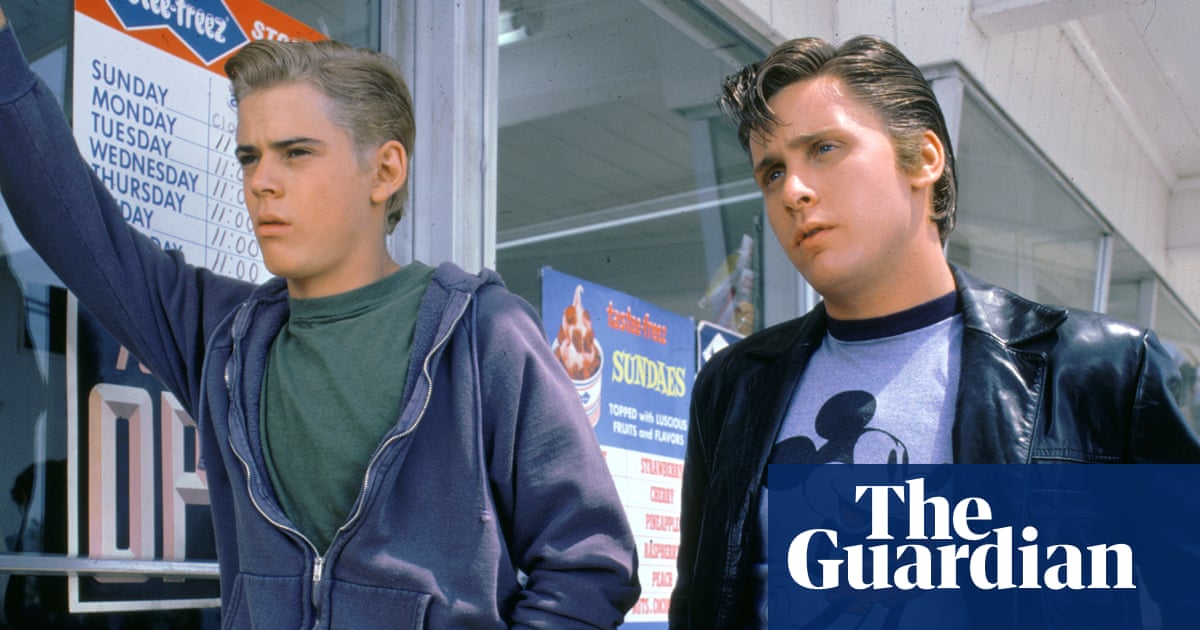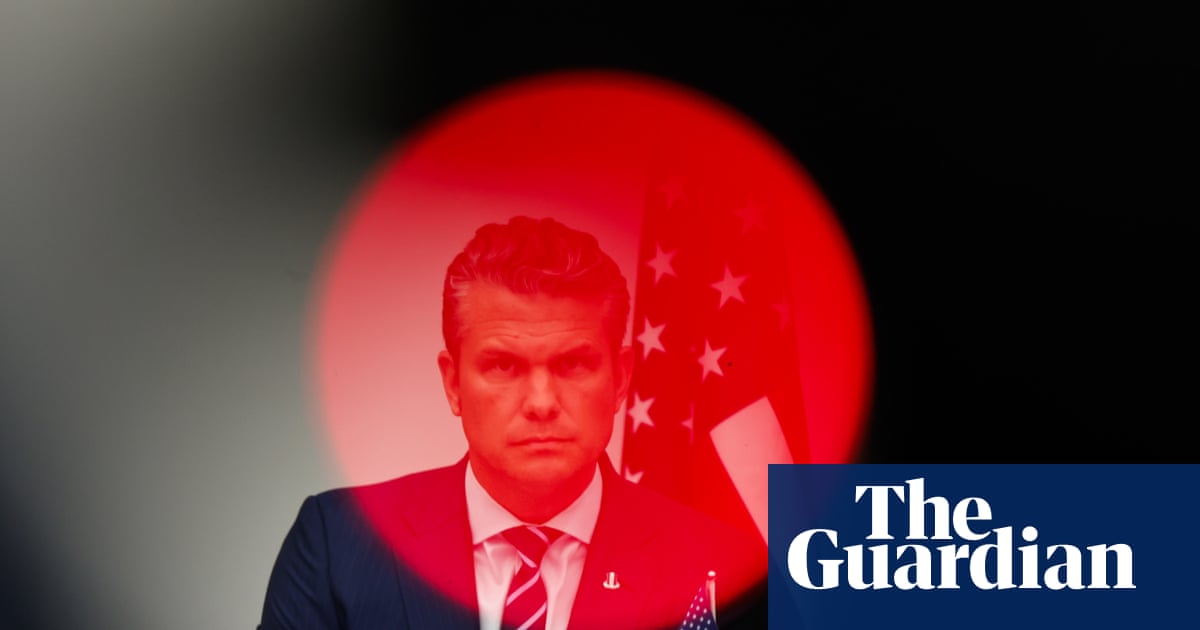He is a no-nonsense workaholic with famously unpolished manners; a billionaire, ex-communist former prime minister who calls himself “Trumpist”, admires Viktor Orbán, and has spent his political career fighting conflict of interest claims.
After four years in opposition, 71-year-old Andrej Babiš, the Czech Republic’s seventh richest man with a net worth estimated by Forbes at $3.9bn (£2.9bn), is eyeing a triumphant comeback, his party 10 points clear in the polls, its prospective vote share topping 30%.
“I want to restore the management of the state to normal,” Babiš, a polarising leader whose previous premiership from 2017 to 2021 drew mass protests, said recently. “People knew we got results. We managed the country like a company.”
What worries critics and observers at home and abroad, however, is where his catch-all, populist promises may take him now; whether, like the US president whose style (if not policies) he so appreciates, his second term may make his first look tame.
Days before an election that the outgoing centre-right prime minister, Petr Fiala, has warned could determine whether the Czech Republic “remains firmly part of the west, or drifts off toward the east”, some are sure the worst is yet to come.
“It certainly looks like he’s going to win. We only hope he won’t be able to form a government,” said Venuše Rýdl, 68, a voter in the Prague suburb of Modřany, who was unpersuaded by Babiš’s promises to cut taxes, cap energy prices and lower the pension age.
Her husband, Rudolf, 70, agreed. “We don’t believe Babiš, and we don’t trust him,” he said. “He’s a populist and he’s out for himself. He showed it last time he was in government – why would this time be different? He would be bad for the country.”
If the polls are to be believed, however, many do not share their pessimism. Jan, a smart 76-year-old former small business owner about 60 miles (100km) away in north Bohemia, is one of them. “He does things for ordinary people,” he said. “He makes an effort for us: last time, he raised pensions, and lowered transport fares.”
Babiš “is not arrogant or snotty at all”, Jan added. “I’ve met him. He keeps his promises. And I like that he surrounds himself with competent people.” Vladimir Tykvart, 72, agreed critics had got the election frontrunner wrong.
“He’s not pro-Russian – that’s just nonsense,” Tykvart said. “He’s already been prime minister, and he didn’t try make us like Russia, or Slovakia, or Hungary. And I don’t believe for one moment he would lead us away from the EU or from Nato.”
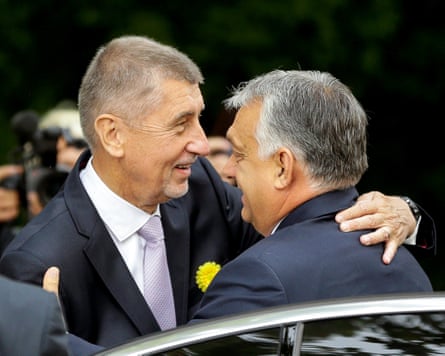
Quite where he would lead the country, however, is unclear. Babiš, whose wealth comes from a sprawling empire of farming, food processing and fertiliser firms, started his Action of Dissatisfied Citizens (ANO, meaning Yes in Czech) party in 2011.
Back then, it was a centrist anti-corruption movement. It has since swung left, to capture disillusioned, mainly older social democrats, often in poorer rural areas, and then radically right, in search of the burgeoning conservative vote.
Part of the pro-EU liberal group in the European parliament during his previous mandate, ANO now sits with – indeed, co-founded with Orbán’s Fidesz – the Patriots for Europe group of the EU’s most far-right, populist parties, including Marine Le Pen’s National Rally (RN), Matteo Salvini’s League, and Geert Wilders’ Party for Freedom (PVV).
In some ways, Babiš now seems at home in that grouping: he has pledged to combat the EU migration pact, even though it will not oblige Czechs to accept people seeking asylum, and the bloc’s green deal, despite helping the European Council approve it when he was Czech prime minister in 2019.
He has also said he wants to end the shells-for-Ukraine “Czech initiative”, prompting many observers to suggest he would join the EU’s awkward squad of Orbán and Slovakia’s populist prime minister, Robert Fico, in resisting future aid to Kyiv.
Others are not so sure. They say Babiš’s politics are pragmatic, not ideological, and he is unlikely to pick a serious fight with Brussels as long as the country needs EU funds and his businesses benefit from the bloc.
“For Babiš, ideology is always a figleaf,” said Jiří Pehe, who headed the former Czech president Václav Havel’s political department in the 1990s and is now director of New York University in Prague.
“He doesn’t mince his words. He’s also very good indeed at making promises, and at being ambivalent on where we are internationally. But he won’t be as radical as either Orbán or Fico. He’ll obstruct, make a lot of noise at home – then he’ll sign.”
Much of the businessman’s desire to return to power was just that, Pehe said: “He’s made billions, he wants to be important, he loves being pictured with world leaders. He’s not going to lead a frontal attack on Czech democracy.”
Few supporters seem concerned by the trial Babiš faces for an alleged $2m EU subsidy fraud from 2007, when he allegedly took Stork Nest, a farm and hotel complex outside Prague, out of his conglomerate to make it eligible for a small business subsidy.
after newsletter promotion
Babiš, who has been twice acquitted of the charges in two previous trials, has always denied wrongdoing, describing the allegations as politically motivated. The Prague high court earlier this year overturned the most recent acquittal and ordered a retrial.
Pehe said any radical shifts under Babiš 2.0 would be hindered by the Czech senate, which will for years be dominated by the outgoing centre-right government. It can veto electoral law and constitutional changes, and must approve judges of the constitutional court.
The president, Petr Pavel, who beat Babiš to that role in 2023, has also pledged not to approve any ministers who back the Czech Republic leaving the EU or Nato.
Which is not to say a Babiš victory – assuming he manages to form a government, which is not a given – would have no consequences for Czech democracy. For one thing, ANO wants to abolish the licence fee for public radio and TV, bringing them under state funding.
That, his critics say, would inevitably threaten editorial independence, and increase vulnerability to political pressure. The party would also look to politicise civil service appointments, and to “bring more transparency” to NGO funding.
Such policies, familiar from Slovakia and Hungary, are clear red flags, said Bára Stárek of the youth democracy outreach organisation Thanks That We Can.
But while Babiš “may not be the first choice for democracy supporters”, she argued, the country “will not go 100% the way of Slovakia or Hungary. We have been through extremes, and we are wary of parties taking away our freedoms.”
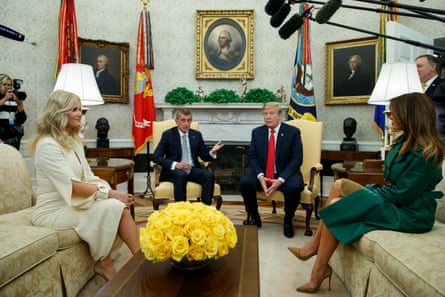
Most observers agree, however, that while Babiš himself may not want to head down a Trumpian path, much may depend on those he governs with.
ANO is unlikely to win a majority in the 200-seat parliament, and will need partners, either in a formal coalition or as part of a looser confidence and supply arrangement propping up a minority government – which, said Martin Buchtík of the Stem research institute, Babiš would prefer “so as not to be ideologically tied down”.
The strongest pressure would come from the pro-Russian, far-right SPD and the far-left Stačilo! parties, both of which are campaigning on calls for the Czech Republic to leave Nato and the EU, and from the anti-green, anti-establishment Motorists party. Any deal, formal or informal, could take weeks or even months to finalise.
In Prague’s Budějovická shopping centre, Petre, 28, a bank employee, was resigned. “ANO will finish first,” he said. “I think the best we can hope for is a minority government, where Babiš has to negotiate support bill by bill. I do feel let down.”
-
Additional reporting by Lenka Ponikelska

 2 months ago
51
2 months ago
51
